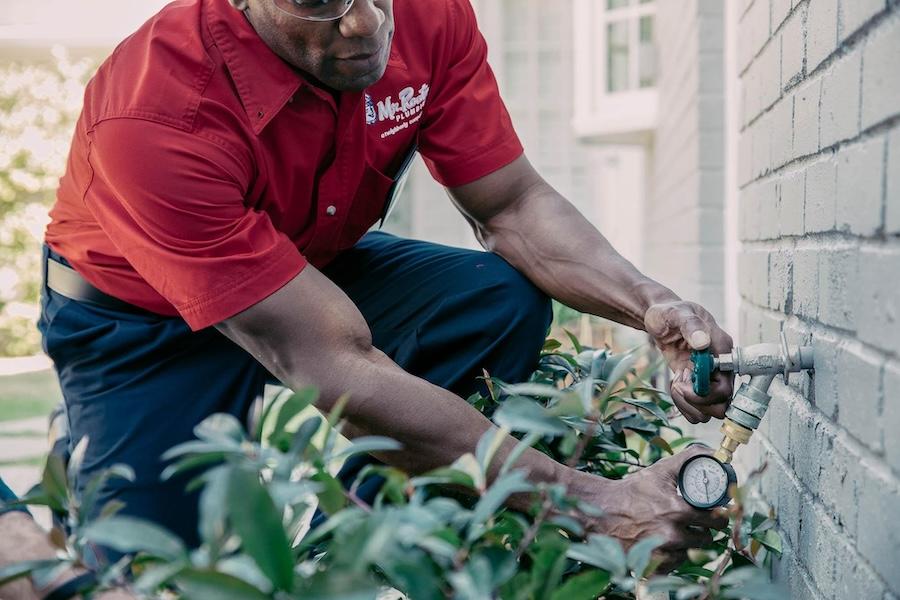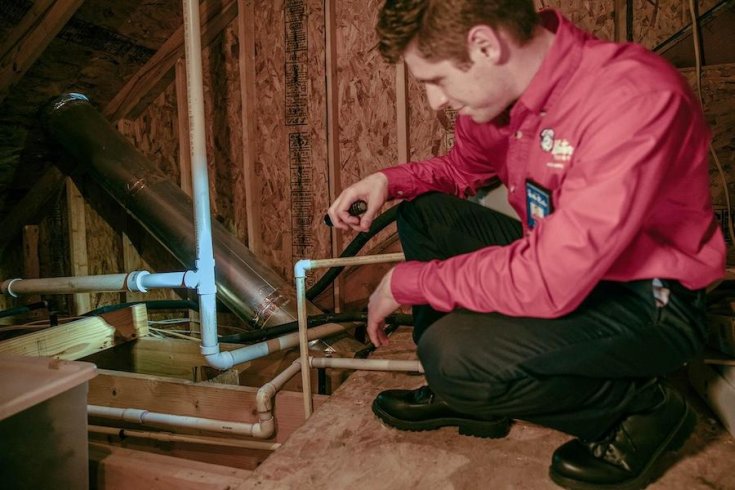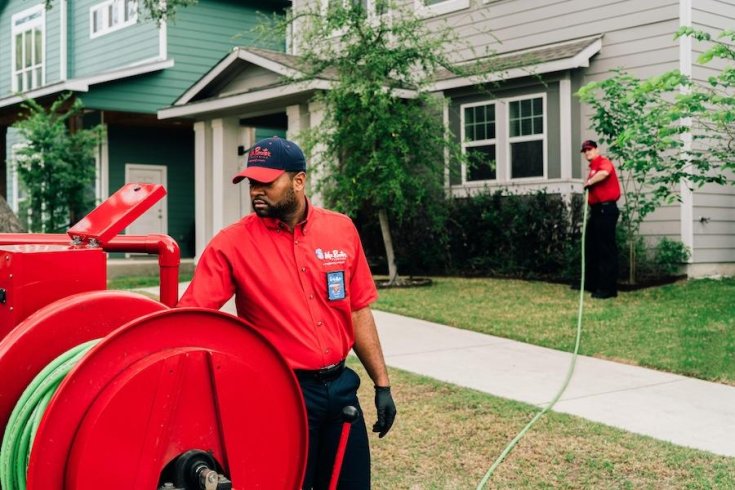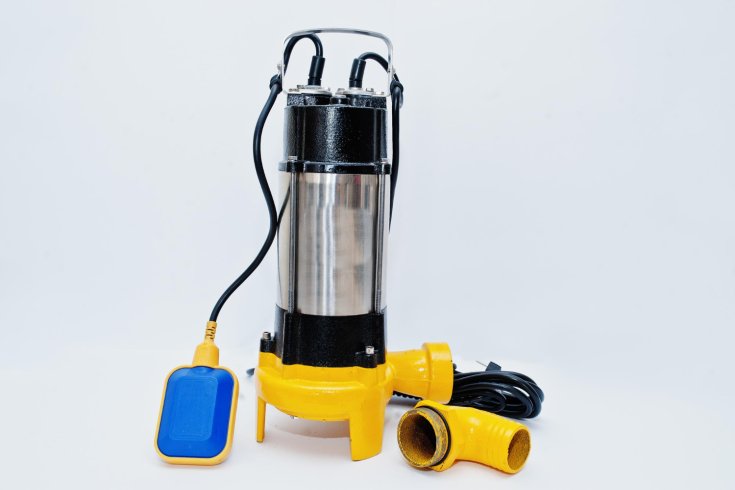Menu
- Home
- Plumbing Service
- Plumbing Repair
- Drain Cleaning
- Water Heater Repair
- Trenchless Sewer Repair
- Commercial Plumbing
- Water Leak Detection
- Emergency Plumbing Repair
- Faucet & Kitchen Sink Repair
- Toilet Installation
- Water Line Replacement
- Garbage Disposal Repair
- Broken Pipe Replacement
- Bathroom Plumbing
- Kitchen Plumbing
- Sump Pump Installation
- Tankless Water Heater Installation
- Gas Line Installation
- Underground Utility Plumbing
- Plumbing Inspection
- Water Filtration Installation
- Commercial Plumbing
- Service Areas
- Aliquippa, PA
- Ambridge, PA
- Aspinwall, PA
- Baldwin, PA
- Beaver Falls, PA
- Beaver, PA
- Belle Vernon, PA
- Bethel Park, PA
- Brentwood, PA
- Bridgeville, PA
- Brownsville, PA
- Burgettstown, PA
- Butler, PA
- Canonsburg, PA
- Carnegie, PA
- Charleroi, PA
- Cheswick, PA
- Connellsville, PA
- Coraopolis, PA
- Cranberry Township, PA
- Donora, PA
- Dormont, PA
- Evans City, PA
- Finleyville, PA
- Forest Hills, PA
- Franklin Park, PA
- Gibsonia, PA
- Greensburg, PA
- Hampton, PA
- Harmony, PA
- Imperial, PA
- Irwin, PA
- Kennedy Township, PA
- Mars, PA
- McCandless, PA
- McKeesport, PA
- McMurray, PA
- Monroeville, PA
- Munhall, PA
- New Kensington, PA
- North Hills, PA
- North Huntingdon, PA
- Oakdale, PA
- Oakmont, PA
- Penn Hills, PA
- Pittsburgh, PA
- Plum, PA
- Robinson, PA
- Ross Township, PA
- Scott Township, PA
- Seven Fields, PA
- Sewickley, PA
- South Hills, PA
- Swissvale, PA
- Uniontown, PA
- Valencia, PA
- Venetia, PA
- Verona, PA
- Washington, PA
- West Mifflin, PA
- White Oak, PA
- Zelienople, PA
- Locations
- Review
- Blog
- Videos
- Coupons
- FAQ
- Contact Us
Call This Wednesday to Get $75 OFF
Call ThisWednesday to Get $75 OFF (Service of $250 or more)
24 Hour Emergency Plumbers in Pittsburgh and nearby cities.
- Home
- Plumbing Service
- Plumbing Repair
- Drain Cleaning
- Water Heater Repair
- Trenchless Sewer Repair
- Commercial Plumbing
- Water Leak Detection
- Emergency Plumbing Repair
- Faucet & Kitchen Sink Repair
- Toilet Installation
- Water Line Replacement
- Garbage Disposal Repair
- Broken Pipe Replacement
- Bathroom Plumbing
- Kitchen Plumbing
- Sump Pump Installation
- Tankless Water Heater Installation
- Gas Line Installation
- Underground Utility Plumbing
- Plumbing Inspection
- Water Filtration Installation
- Commercial Plumbing
- Service Areas
- Aliquippa, PA
- Ambridge, PA
- Aspinwall, PA
- Baldwin, PA
- Beaver Falls, PA
- Beaver, PA
- Belle Vernon, PA
- Bethel Park, PA
- Brentwood, PA
- Bridgeville, PA
- Brownsville, PA
- Burgettstown, PA
- Butler, PA
- Canonsburg, PA
- Carnegie, PA
- Charleroi, PA
- Cheswick, PA
- Connellsville, PA
- Coraopolis, PA
- Cranberry Township, PA
- Donora, PA
- Dormont, PA
- Evans City, PA
- Finleyville, PA
- Forest Hills, PA
- Franklin Park, PA
- Gibsonia, PA
- Greensburg, PA
- Hampton, PA
- Harmony, PA
- Imperial, PA
- Irwin, PA
- Kennedy Township, PA
- Mars, PA
- McCandless, PA
- McKeesport, PA
- McMurray, PA
- Monroeville, PA
- Munhall, PA
- New Kensington, PA
- North Hills, PA
- North Huntingdon, PA
- Oakdale, PA
- Oakmont, PA
- Penn Hills, PA
- Pittsburgh, PA
- Plum, PA
- Robinson, PA
- Ross Township, PA
- Scott Township, PA
- Seven Fields, PA
- Sewickley, PA
- South Hills, PA
- Swissvale, PA
- Uniontown, PA
- Valencia, PA
- Venetia, PA
- Verona, PA
- Washington, PA
- West Mifflin, PA
- White Oak, PA
- Zelienople, PA
- Locations
- Reviews
- Blog
- Videos
- Coupons
- FAQ
- Contact Us
















